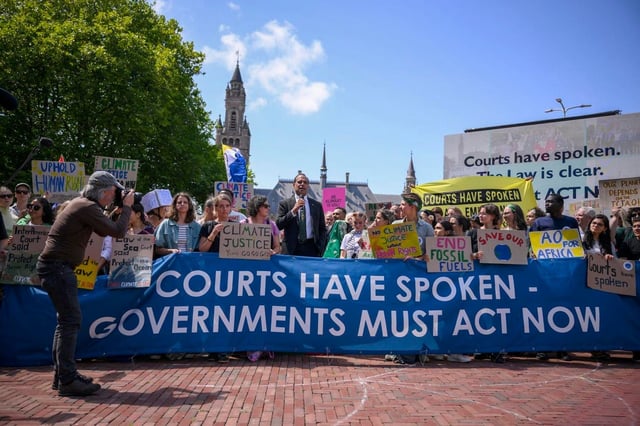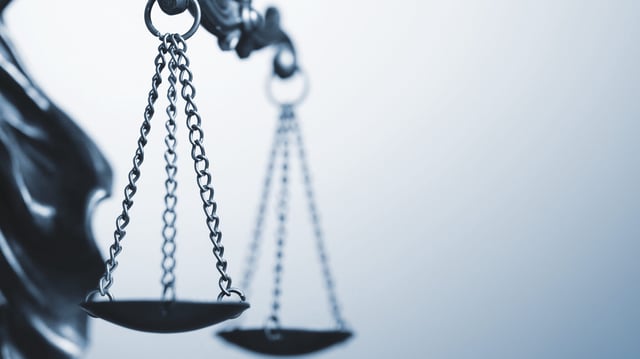Overview
- The ICJ’s July 23 advisory opinion unanimously held that states are legally bound under treaties, human rights law and customary international law to curb greenhouse gas emissions and implement adaptation programs.
- Although non-binding, the opinion represents the most authoritative interpretation of international climate obligations and is already cited in early litigation and domestic policy proposals.
- African and other climate-vulnerable nations are exploring reparations claims and seeking financial and technological support from developed countries under the court’s reinforced principle of differentiated responsibilities.
- Legal experts caution that interstate lawsuits will face hurdles, including the need for mutual consent to ICJ jurisdiction and the challenge of proving causation and injury from specific greenhouse gas emissions.
- The court also stated that continued fossil fuel production, licensing or subsidies without appropriate climate measures may itself amount to an internationally wrongful act.



